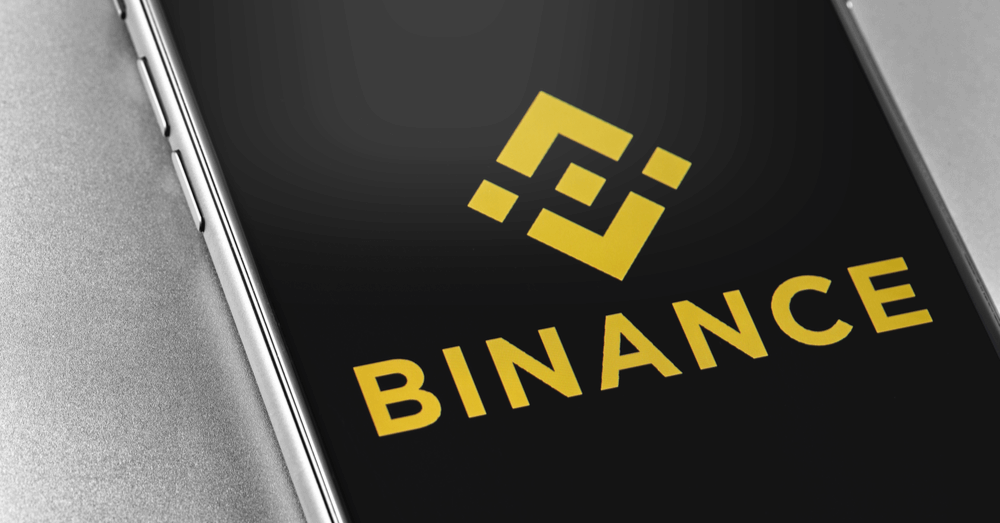
Binance surpasses Huobi and OKEx to become the largest cryptocurrency derivatives exchange globally by trading volume
Binance is now the leading cryptocurrency derivatives exchange after overtaking the likes of Huobi and OKEx. Binance’s latest achievement was revealed in a report published recently by UK-based data firm CryptoCompare.
According to the report, Binance became the largest derivative exchange by volume last month after recording $164.8bn in trading volume. Binance led the way despite its volume dropping by 10.7% since August. Binance is followed by Huobi ($156.3bn and down 25.8%), OKEx ($155.7bn and down 18.5%) and BitMEX ($56.4bn and down 30.7%) respectively for September.
Huobi, Binance and OKEx accounted for 90% of derivatives volume last week. However, the overall monthly trading volume declined by 17.5% in September, compared to what was recorded in August. The decline wasn’t restricted to the derivatives market as CryptoCompare added that the spots trading market also experienced a 17.5% decline to $676.6bn last month.
Despite the decline in monthly trading volume, daily volumes on derivatives exchanges set a new yearly high on September 3. The report stated that “Although monthly Top-Tier exchange volume has seen a decrease since August, daily volumes reached a record for the year on September 3, 2020, where $27.6bn was traded. The previous high for the year was $27.1bn on July 27, 2020.”
Decentralised cryptocurrency exchanges are gaining traction
The CryptoCompare report also looked at the performances of centralised exchanges (CEX) and decentralised exchanges (DEX). According to the report, 46.2% of users traded on DEXs because of these platforms’ anonymity. The rise of the decentralised finance (DeFi) ecosystem has seen an increasing number of people converting to DEXs. As a result, decentralised exchanges are gaining a greater market share of traded volume in the cryptocurrency space.
The statistics posted by CryptoCompare shows that in addition to anonymity, the other DEX features that attract traders include: self-custody, yield farming, transparency of market structure and no third-party operator.
However, most cryptocurrency traders still use centralised exchanges due to their higher liquidity and fiat compatibility. Although decentralised exchanges are growing, they still don’t offer the level of liquidity that centralised exchanges like Binance, Coinbase and Huobi offer.
Due to the massive liquidity of centralised exchanges, the operators believe they hold a substantial competitive advantage over DEX. Some of the operators believe that decentralised exchanges are unlikely to overtake centralised exchanges in terms of liquidity in the next two years.

